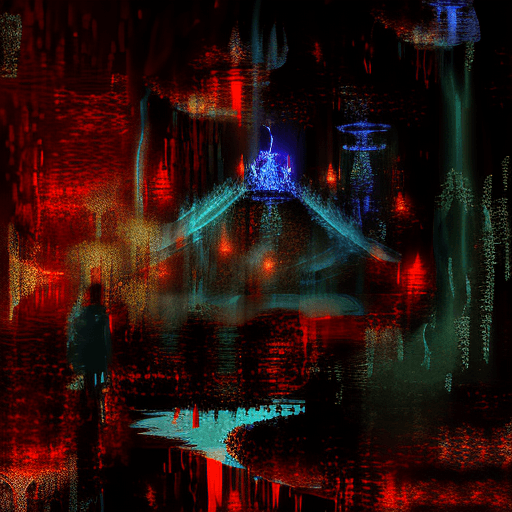One-line summary:
“Being There” is a satirical novel by Jerzy Kosinski that explores the power of perception and the absurdity of modern society through the story of Chance, a simple-minded gardener who becomes a political and cultural icon.
The story of Chance:
In “Being There,” we are introduced to Chance, a middle-aged man with limited mental capacity who has spent his entire life working as a gardener for a wealthy man in Washington, D.C. Due to his sheltered existence, Chance has never left the confines of the house and garden where he works, and his only knowledge of the world comes from television.
When his employer dies, Chance is forced to leave the only home he has ever known. He wanders the streets of the city, dressed in his employer’s expensive suits, and is soon mistaken for a wealthy and influential businessman due to his impeccable appearance and calm demeanor. Through a series of chance encounters, Chance finds himself in the presence of powerful politicians and businessmen who are captivated by his simplistic yet profound observations about life and society.
The power of perception:
As Chance’s reputation grows, so does his influence over those around him. People interpret his simplistic statements as profound metaphors and seek his advice on matters of politics and economics. The novel explores the idea that people project their own desires and beliefs onto others, often mistaking simplicity for wisdom.
Chance’s lack of understanding of the world is juxtaposed with the complexity and absurdity of modern society. Through his interactions with influential figures, the novel satirizes the shallow and superficial nature of politics, media, and celebrity culture. The characters in the book are so desperate for meaning and guidance that they willingly accept Chance’s simplistic worldview as profound wisdom.
The absurdity of modern society:
“Being There” uses humor and irony to highlight the absurdity of modern society. The novel suggests that people are easily swayed by appearances and are more interested in image than substance. Chance’s rise to prominence is a commentary on the power of media and the willingness of society to elevate individuals without questioning their qualifications or beliefs.
The book also explores themes of identity and self-perception. Chance’s lack of a true identity allows others to mold him into whatever they want him to be. He becomes a blank canvas onto which people project their own desires and beliefs. This raises questions about the nature of authenticity and the role of perception in shaping our understanding of others.
Key takeaways:
- Perception is a powerful force that can shape reality and influence people’s actions.
- The absurdity of modern society is highlighted through the juxtaposition of a simple-minded gardener becoming a political and cultural icon.
- People are often more interested in appearances and image than substance and are easily swayed by those who project confidence and authority.
- Identity is fluid and can be shaped by others, raising questions about authenticity and the role of perception in shaping our understanding of others.
“I like to watch,” Chance said. “I like to watch TV.”
In conclusion, “Being There” is a satirical novel that explores the power of perception and the absurdity of modern society. Through the story of Chance, a simple-minded gardener who becomes a political and cultural icon, the book satirizes the shallow nature of politics, media, and celebrity culture. It raises questions about the role of perception in shaping reality and highlights the willingness of society to elevate individuals without questioning their qualifications or beliefs. Ultimately, “Being There” serves as a thought-provoking commentary on the complexities of human nature and the importance of critical thinking in a world driven by appearances.












